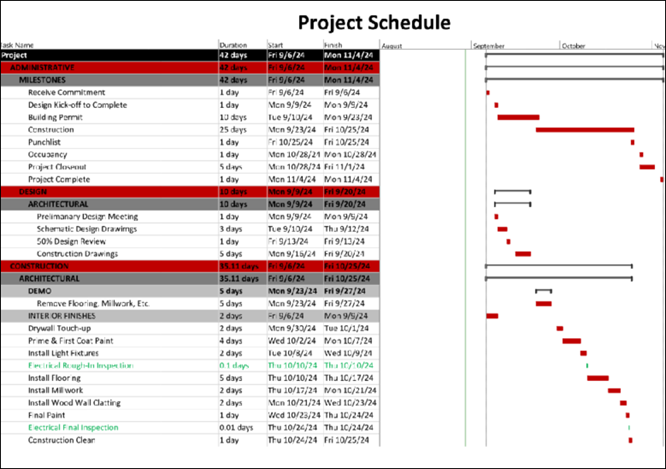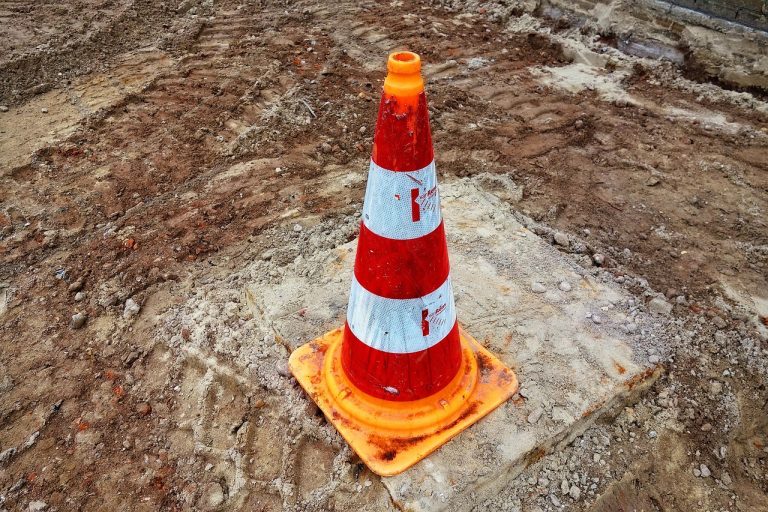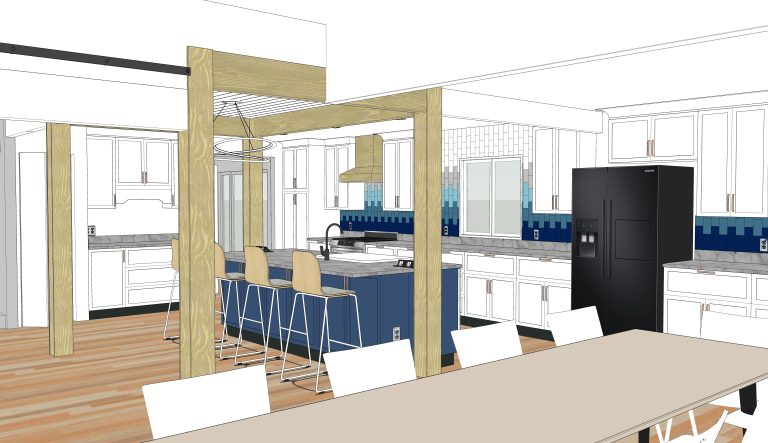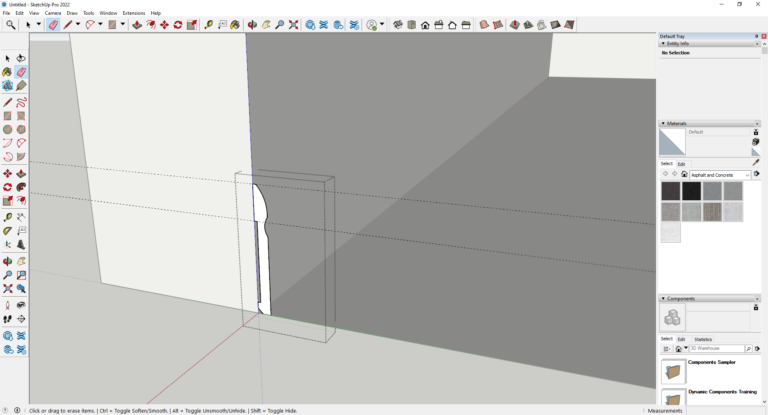The Benefits of a Construction Schedule
In the fast-paced world of construction, a well-planned project can mean the difference between success and chaos. Whether you’re managing a small renovation or a large-scale development, keeping the project on schedule is critical. A solid construction schedule can make all the difference. Today, we’re diving into the key benefits of a construction schedule and how it helps keep your projects running like clockwork.

1: EFFICIENT RESOURCE MANAGEMENT

A construction schedule provides a clear roadmap for allocating resources, whether that’s labor, materials, or equipment. It allows you to track who and what is needed on-site at every phase of the project, avoiding costly downtime. When resources are planned efficiently, you can reduce delays and maximize productivity.
Benefit: Avoid resource bottlenecks and ensure every team member and material is where they need to be, exactly when they’re needed.

2: IMPROVED BUDGET CONTROL
Time is money in construction. Without a clear schedule, it’s easy for a project to go off course and exceed its budget. A well-structured timeline not only helps keep things moving on time, but it also provides an accurate framework for budgeting. It ensures that phases of the project are completed in the most cost-effective way.
Benefit: Stay on budget by keeping tasks on schedule and avoiding costly overruns.
3: BETTER COMMUNICATION AND COLLABORATION
A comprehensive construction schedule serves as a communication tool for all parties involved, from project managers and contractors to stakeholders and clients. With a clear timeline, everyone can stay on the same page, know their roles, and understand deadlines. This reduces misunderstandings and promotes smoother collaboration.
Benefit: Enhance communication and ensure that all team members are aligned on the project’s timeline and goals.
4: RISK MITIGATION
Every construction project faces potential risks—weather delays, material shortages, or labor challenges. A detailed schedule helps you foresee these risks, providing the opportunity to adjust as needed. This foresight minimizes disruptions, so you can tackle problems before they become costly.
Benefit: Identify and mitigate risks early, keeping your project running smoothly even when challenges arise.
5: MEETING CLIENT EXPECTATIONS
Clients want to know when they can expect project completion, and a detailed schedule provides them that confidence. By sharing timelines, milestones, and progress updates, you can keep clients informed and satisfied. When clients know what to expect, they are more likely to trust the process, which strengthens your professional relationship.
Benefit: Build client trust by delivering transparency and meeting their expectations with well-planned timelines.
6: TRACKING PROGRESS AND ACCOUNTIBILITY
A construction schedule allows you to measure progress against set milestones, helping you stay in control throughout the project lifecycle. It ensures accountability at every stage, allowing you to pinpoint delays, adjust deadlines if needed, and keep everyone on track.
Benefit: Stay in control of your project and ensure that every team member is accountable for their tasks and timelines.
WRAPPING IT ALL UP
A well-constructed schedule isn’t just a tool, it is a blueprint for success. By keeping projects organized, staying on budget, and ensuring efficient communication, you’re setting yourself up for smoother workflows and happier clients.
Don’t underestimate the power of a good plan! If you haven’t yet, consider incorporating a detailed construction schedule into your next project and see the benefits firsthand.
Subscribe to our newsletter for short and helpful industry tips!








